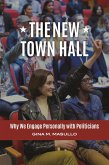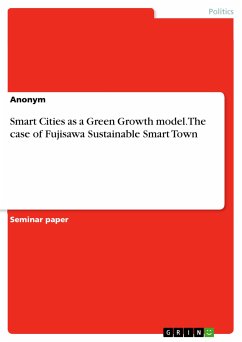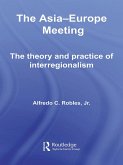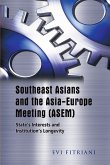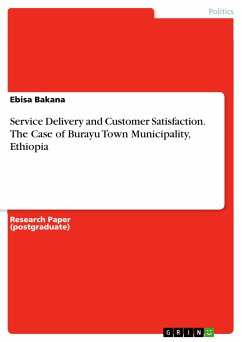In this groundbreaking study, Zimmerman explores the town meeting form of government in all New England states. This comprehensive work relies heavily upon surveys of town officers and citizens, interviews, and mastery of the scattered writing on the subject. Zimmerman finds that the stereotypes of the New England open town meeting advanced by its critics are a serious distortion of reality. He shows that voter superintendence of town affairs has proven to be effective, and there is no empirical evidence that thousands of small towns and cities with elected councils are governed better. Whereas the relatively small voter attendance suggests that interest groups can control town meetings, their influence has been offset effectively by the development of town advisory committees, particularly the finance committee and the planning board, which are effective counterbalances to pressure groups.
Zimmerman provides a new conception of town meeting democracy, positing that the meeting is a de facto representative legislative body with two safety valves-open access to all voters and the initiative to add articles to the warrant, and the calling of special meetings to reconsider decisions made at the preceding town meeting. And, as Zimmerman points out, a third safety valve-the protest referendum-can be adopted by a town meeting.
Zimmerman provides a new conception of town meeting democracy, positing that the meeting is a de facto representative legislative body with two safety valves-open access to all voters and the initiative to add articles to the warrant, and the calling of special meetings to reconsider decisions made at the preceding town meeting. And, as Zimmerman points out, a third safety valve-the protest referendum-can be adopted by a town meeting.



